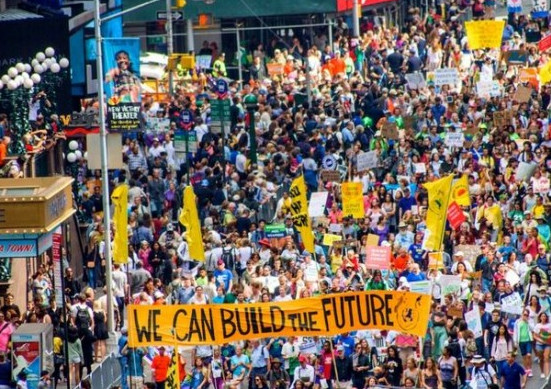Is This An Uprising?
By David Swanson for Let's Try Democracy. The new book This Is An Uprising: How Nonviolent Revolt Is Shaping the Twenty-First Century by Mark Engler and Paul Engler is a terrific survey of direct action strategies, bringing out many of the strengths and weaknesses of activist efforts to effect major change in the United States and around the world since well before the twenty-first century. It should be taught in every level of our schools.
This book makes the case that disruptive mass movements are responsible for more positive social change than is the ordinary legislative "endgame" that follows. The authors examine the problem of well-meaning activist institutions becoming too well established and shying away from the most effective tools available.















